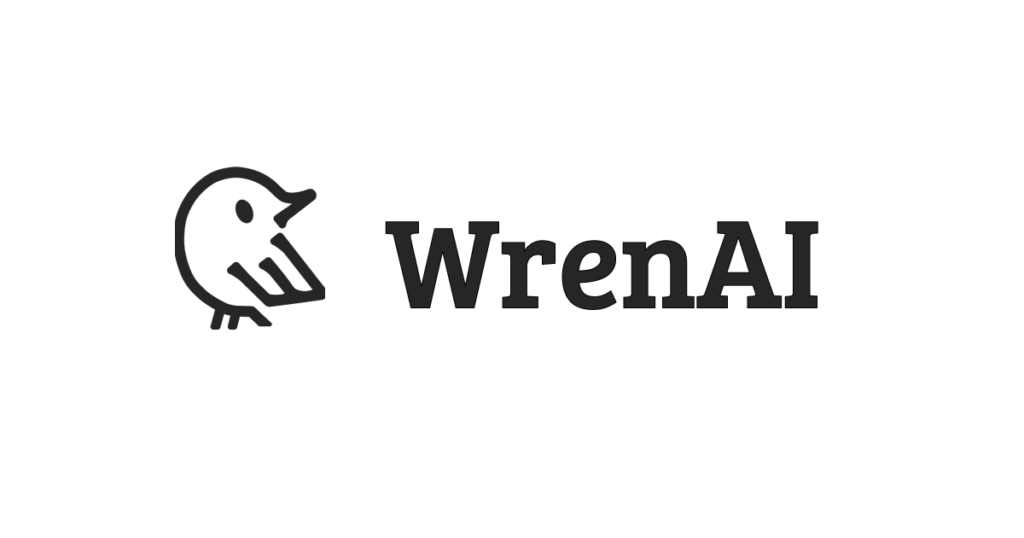wren-engine
Basic Information
Wren Engine is a semantic engine designed to enable MCP clients and AI agents to access enterprise data with context, accuracy, and governance. The repository provides the core components to interpret natural language intent, map it to the correct data model and calculations, and serve semantic-aware queries and responses for agentic workflows. It is built to be embeddable into MCP clients and interoperable with modern data stacks so LLM-driven agents can perform trusted reporting, lookups, and updates across warehouses, databases, and file stores. The README highlights use at the enterprise level where precision, business term clarity, and user-based permissions are required. The project includes server and core modules, mentions semantic SQL concepts and a modeling definition language (MDL), and notes that the Wren AI GenBI agent is based on Wren Engine.








